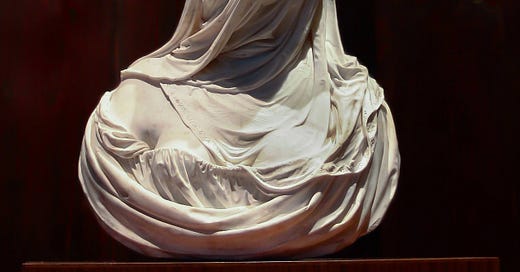In a modern context, a modest person is someone who doesn’t show off. Only someone who has something to show off can refrain from doing so. As Golda Meir says, “Don’t be so humble—you’re not that great.” Whether a person is showing off smarts, looks, or some talent, immodesty colloquially means showing something that is true, but doing so in a way or …
Keep reading with a 7-day free trial
Subscribe to What Is Called Thinking? to keep reading this post and get 7 days of free access to the full post archives.



